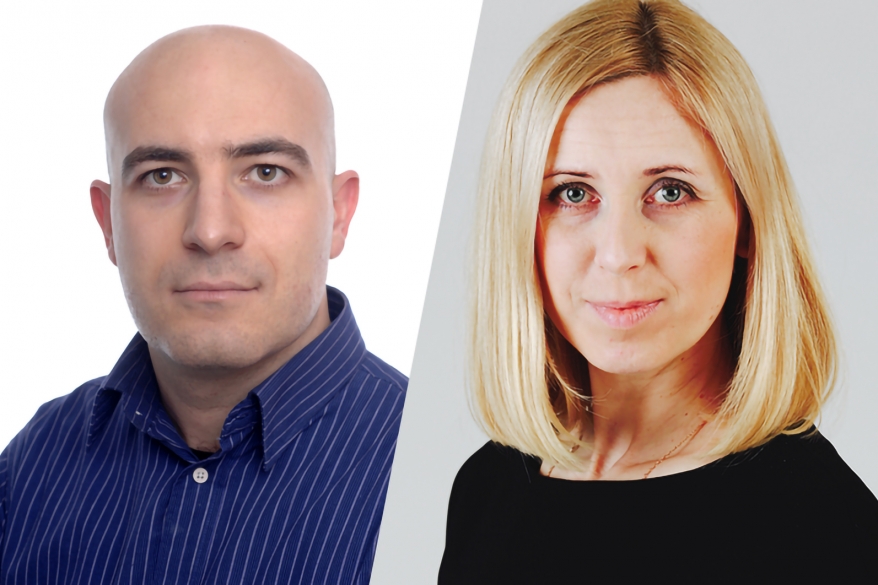What is Research Integrity?
Research Integrity (RI) refers to conducting research according to ethical, deontological, and professional standards that allow other members of the research community and the general public to have trust and confidence in the methods used, their results, and during their assessment and publication. Together with openness, transparency, and peer (to peer) review, integrity is essential for the reliability of researchers and faith in the academic sector, as well as for policies and public engagement in science and technology.
Research Integrity in Europe
Research Integrity is amongst the most important topics in both the political agenda of the European Research Area and in the key elements and conditions for Open Science. The Council of the European Union considers Research Integrity “as the foundation of high quality research and as a prerequisite for achieving excellence in research and innovation in Europe and beyond”.
As part of this vision, the European Code of Conduct for Research Integrity (ECoC, 2017) defines a set of Europe-wide values and principles of integrity in scientific research, and promotes the responsible conduct of research to help improve its quality and reliability. According to the Code, Research Integrity comprises the four fundamental principles of ‘reliability’, ‘honesty’, ‘respect’ and ‘accountability’, which guide researchers in their work, as well as in their engagement with practical, ethical and intellectual challenges inherent in research:

Based on these values, the Code describes good practices in diverse aspects of research, but also defines the main forms of research misconduct. Known colloquially as ‘FFP’, these comprise fabrication, falsification, or plagiarism in proposing, performing, or reviewing research, or in the reporting of research results. The Code also illustrates unacceptable ‘questionable research practices’ in research, which undermine good research and public trust.
The ECoC highlights that “researchers across the entire career path, from junior to the most senior level, undertake training in ethics and research integrity”, and it is the responsibility of research institutions (including universities) to ensure adequate and rigorous training. Integrity is part of the transferable skill set proposed for doctoral training (Principles for Innovative Doctoral Training, 2011; Eurodoc Report, 2018) and is crucial for the career development of early career researcher (ECRs; Taking Salzburg Forward, 2016). Research Integrity training should commence in the earlier stages of education and be an obligatory part of any doctoral program, ensuring a good balance between legal and ethical (value-based) interpretations, which are both essential for practicing high standards of integrity in research (Future of Doctoral Research, 2021).
There are a number of projects dedicated to Research Integrity, which are currently being conducted in Europe. In addition, various networks and communities promoting Research Ethics and Integrity contribute crucially to a culture of integrity in the European research community. These include The Embassy of Good Science, the European Network of Research Ethics and Research Integrity (ENERI), the European Network of Research Integrity Offices (ENRIO), and the European Network of Research Ethics Committees (EUREC). Eurodoc strongly supports and contributes to these initiatives.
Beyond Integrity: Assessment, Openness, Responsibility
Research Integrity extends well beyond the conduct of researchers. Recent statements, such as the ‘Hong Kong Principles for Assessing Researchers’ and the ‘San Francisco Declaration on Research Assessment’ (DORA) clearly delineate the deep connection between integrity and the way in which researchers are assessed.
Integrity is a pre-condition for Open Science, as “Open Science goes hand-in-hand with Research Integrity, and requires legal and ethical awareness on the part of researchers” (Open Science Skills WG Report, EC 2017). Furthermore, Integrity is one of five attributes of the new vision of the European R&I system (Final Report of the Open Science Policy Platform, 2020). Ethics, integrity and Open Access also belong to formal requirements of the European Union’s research funding instruments, meaning that all researchers signing Horizon Europe grant agreements have to develop and commit to clear ethical guidelines and data management plans.
Furthermore, ethics and integrity are recognised as fundamental for academic freedom, institutional autonomy, and academic culture. It is, therefore, the duty of the university “to teach and undertake research ethically and with integrity” (Magna Charta, MCU2020) and to “promote them across all missions, through the education of students and training of early-stage researchers” (“Universities without walls”, 2021).
Eurodoc for raising awareness on Research Integrity
Eurodoc, as a federation representing ECRs across Europe, champions a research culture that fosters high standards and ideals, including adherence to Research Integrity values and principles. In line with the ECoC, Eurodoc emphasises its support for the four fundamental principles of Research Integrity, whilst its dedicated working group on the topic aims to raise awareness and provide a platform for discussing, collecting, and sharing relevant information on Research Integrity. It also seeks to contribute to activities and policies conducted by stakeholders with the goal of learning from each other’s experiences. In that regard, Eurodoc has actively supported and contributed to several EU-funded projects, like PRINTEGER, VIRT2UE, NewHoRRIzon, Path2Integrity, and will continue these efforts into the future.
If you are interested in joining or contacting this WG, please send an email to research-integrity@eurodoc.net
Stefano Salvia, Iryna Degtyarova
Eurodoc WG Research Integrity



